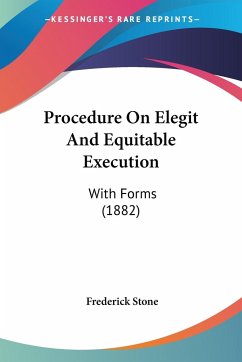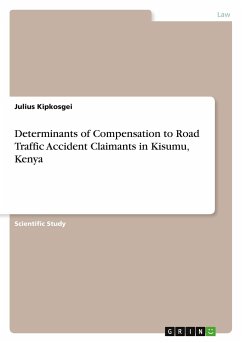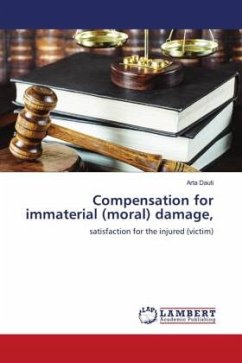Remedies matter in legal disputes. Plaintiffs want
to know how much they will receive if they are
successful. Defendants want to know how much they
will have to pay. The remedy of equitable
compensation has risen to prominence in recent
years, in response to breaches of trust and
fiduciary duty. Yet the principles that underpin the
remedy and guide calculation of quantum are little
understood, even by lawyers. This book examines the
history and theory of equitable compensation and
establishes a methodology for calculation of
quantum. Six equitable causes of action are
examined. These include breach of trust, breach of
fiduciary duty and breach of confidence, where the
remedy is well-recognised. Three emerging
jurisdictions are also discussed - undue influence,
unconscientious conduct and equitable estoppel. This
analysis should be of great use to both practicing
and academic lawyers in all common law countries,
and to professionals in the fiduciary field such as
trustees, company directors, partners and agents.
to know how much they will receive if they are
successful. Defendants want to know how much they
will have to pay. The remedy of equitable
compensation has risen to prominence in recent
years, in response to breaches of trust and
fiduciary duty. Yet the principles that underpin the
remedy and guide calculation of quantum are little
understood, even by lawyers. This book examines the
history and theory of equitable compensation and
establishes a methodology for calculation of
quantum. Six equitable causes of action are
examined. These include breach of trust, breach of
fiduciary duty and breach of confidence, where the
remedy is well-recognised. Three emerging
jurisdictions are also discussed - undue influence,
unconscientious conduct and equitable estoppel. This
analysis should be of great use to both practicing
and academic lawyers in all common law countries,
and to professionals in the fiduciary field such as
trustees, company directors, partners and agents.








